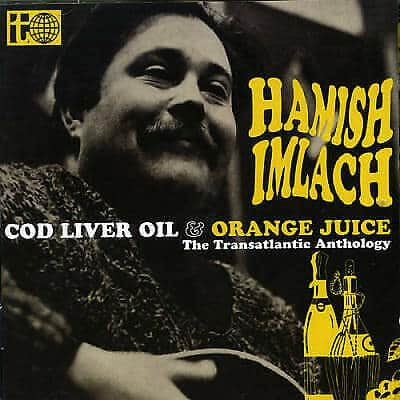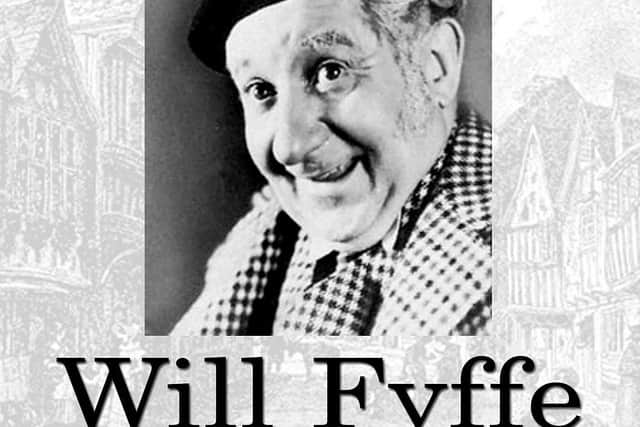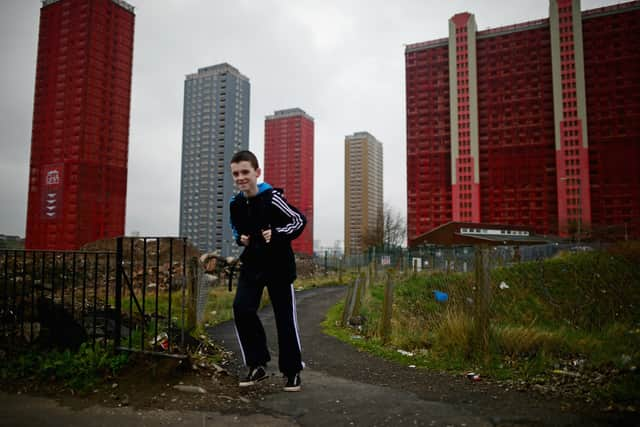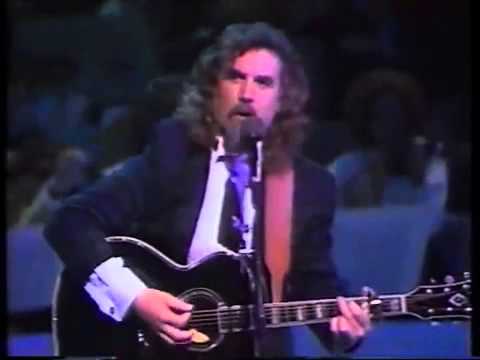Remembering old Glasgow folk songs from the 1900s - including Cod Liver Oil and the Orange Juice and the Jeely Piece song
and live on Freeview channel 276
Glasgow’s always been a very musical city - from folksy tunes that poured out from the tenements and high flats in the late 19th and 20th century, to more modern digital music like SOPHIE and Joesef.
In fact, Glasgow is one of 19 UNESCO cities of music in Europe. The local music scene in Glasgow remains buzzing to this day with hundreds of venues, from the 13th Note to the Hydro, hosting musical shows every day in the city.
Advertisement
Hide AdAdvertisement
Hide AdFor this article, we thought we would look back at some of the best folk songs to come out of Glasgow. The type of tunes you’ll hear your gran humming when she’s washing the dishes - or your grandad belting out after one too many halfs.
Cod Liver Oil and Orange Juice


Hamish Imlach sung this belter of a tune in the late 60’s - the song’s set in Glasgow and follows the tale of ‘Hairy Mary’ and her conceiving of a child with a man from Bridgeton after a night at the Dennistoun Palais.
It was his biggest hit - and was a play on the American Gospel song ‘Virgin Mary Had a Little Baby’. The song was, for a time, banned by the BBC as it was assumed to be full of double meanings, but at one point became the most requested song on British Forces Radio.
The song’s title, which is repeated at the end of every chorus, refers to the progenitor to the baby box - Cod Liver Oil and Orange Juice was given to new young mothers to ensure the health of their baby.
Advertisement
Hide AdAdvertisement
Hide AdImlach enjoyed limited success as a folk singer in Scotland - releasing several albums - many of which contained themes of Scottish independence, Celtic unity, protest songs, and working class solidarity. He was even asked to join the Dubliners - though he turned them down.
His commercial success was limited, but he influenced many other artists, including most notably John Martyn, Billy Connolly, and Christy Moore. Due to his protest songs, he wasn’t well liked by the music industry - but was loved by the people of Scotland.
He died living in Motherwell in 1996.
I belong to Glasgow


Will Fyfe was a Scottish legend throughout the 30s and 40s - if you look through your granny’s LPs no doubt you’ll find his name in there somewhere. Fyfe wasn’t a Glasgow man himself - he came from Dundee - but he performed in the city most often and featured it heavily in his work.
His best known song is ‘I belong to Glasgow’ which came from an interaction with a drunk man at the ticket barrier in Glasgow Central. Will asked the man ‘Where do you come from?’ to which the drunk replied ‘At this very moment sir… at this very moment I belong tae Glasgow.’
Advertisement
Hide AdAdvertisement
Hide AdAfter a slight pause the man continued:’Aye an’know something else sir? Glasgow belongs to me!’. This stayed with Fyffe all the way home, immediately writing up the first draft as soon as he got through the door - which resulted in a new song that would echo through the closes of Glasgow for years to come.
The song comes from that man’s perspective - and the perspective of many other drunk Glasgow men. Our favourite line from the song is the chorus:
“I belang tae Glesga, dear old Glesga toon’
But what’s the matter wi’ Glesga, for it’s goin’ roun’ and roun’!
I’m only a common old working chap, as anyone here can see,
But when I get a couple o’ drinks on a Setterday,
Glesga belangs tae me!!!”
Jeely Piece song


We couldn’t make this list without including the Jeely Piece song - you’ll remember the tune from getting bounced on your mammy’s knee as a wain. The 60s song examines the living in the new high flats across Glasgow - and the differences between traditional tenement living.
The tower in particular in the song was based on the tower blocks on Mitchell Hill Road - which were demolished in 2005.The writer, Adam McNaughton, was a teacher at Rutherglen Academy in Glasgow who went on to become a bookseller.
Advertisement
Hide AdAdvertisement
Hide AdWhile Adam wrote the song, the most famous rendition of the song was by East End folk legend - Matt McGinn. Another well known track penned by the teacher is ‘Yellow on the Broom’, which tells the story of Scottish travellers migrating for Winter.
Here’s the chorus, you’ll know it well:
“O ye cannae fling pieces oot a twenty-story flat,
Seven-hundred hungry weans will testify tae that,
If it’s butter, cheese or jeely, if the breid is plain or pan,
The odds against it reaching earth are ninety-nine tae wan.”
I wish I was in Glasgow


Surely you didn’t think we’d finish this list without a mention of the Big Yin? Billy Connolly wrote this song in 1983 for his album ‘A Change Is As Good As Arrest’.
The song laments on Glasgow and missing the city and community - with lines like ‘I was born in Glasgow, near the centre of the town, I would take you there and show you but they’ve pulled the building down’. This refers to where Billy grew up - a section of Dover Street between Breadalbane and Claremont Street which was demolished in the 70s.
The song ends on a positive note, stating ‘Glasgow gave me more than it ever took away’. Connolly would rarely perform the emotional ballad live - but nonetheless it became incredibly popular across Glasgow.
Advertisement
Hide AdAdvertisement
Hide AdBilly Connolly spoke about the song at one of his last musical performances in the late 80s, he said: "I was a bit depressed about Glasgow when I wrote it, but since then it has cheered up somewhat,".
In a later album, World Tour of Scotland, he added, "It’s as if someone worked out how to use [Glasgow’s] skylight."
Comment Guidelines
National World encourages reader discussion on our stories. User feedback, insights and back-and-forth exchanges add a rich layer of context to reporting. Please review our Community Guidelines before commenting.
